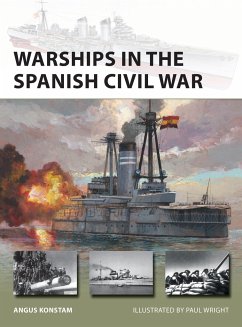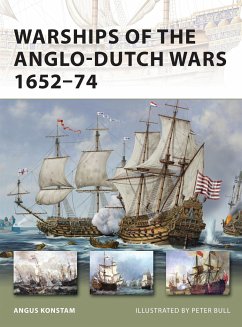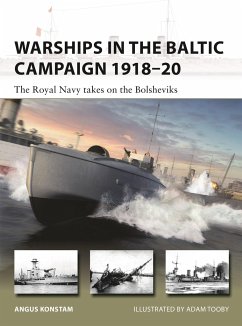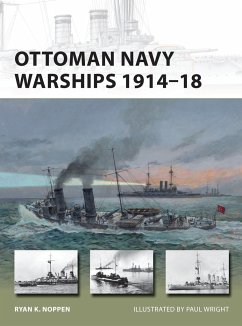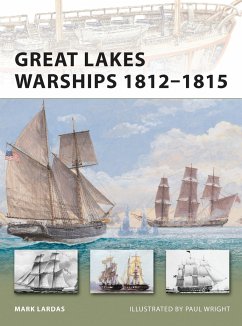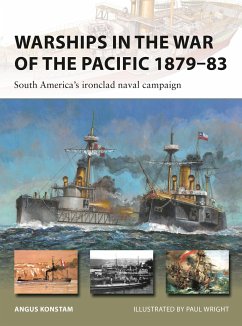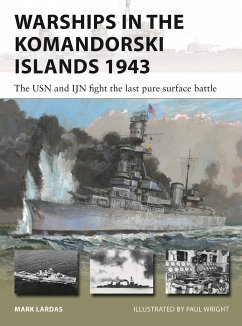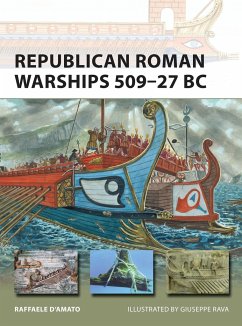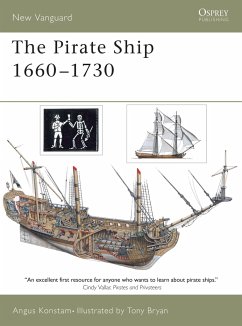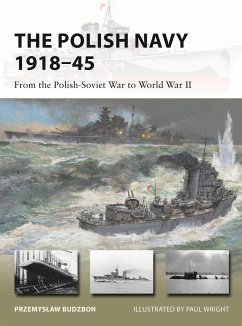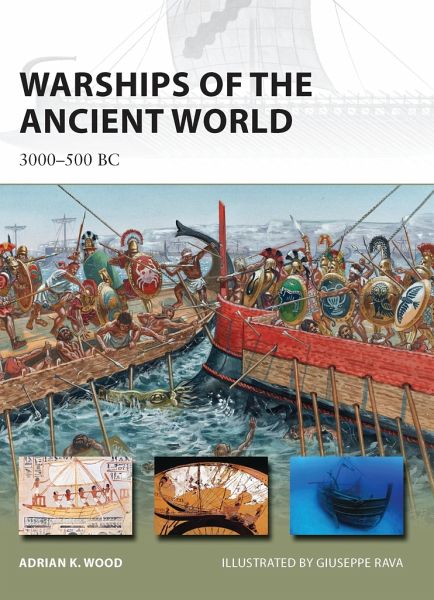
Warships of the Ancient World
3000-500 BC
Illustrator: Rava, Giuseppe
Versandkostenfrei!
Versandfertig in über 4 Wochen
15,99 €
inkl. MwSt.
Weitere Ausgaben:

PAYBACK Punkte
8 °P sammeln!
Looks at the world's first war machines and their influence on the course of history.
Covering a vast sweep, this well-illustrated book provides a concise exploration of pre-Classical naval warfare in the Mediterranean. Adrian Wood examines the vessels, naval techniques and strategy, and prominent engagements fought by the Egyptians, Minoans, Hittites, Phoenicians and Greeks.




